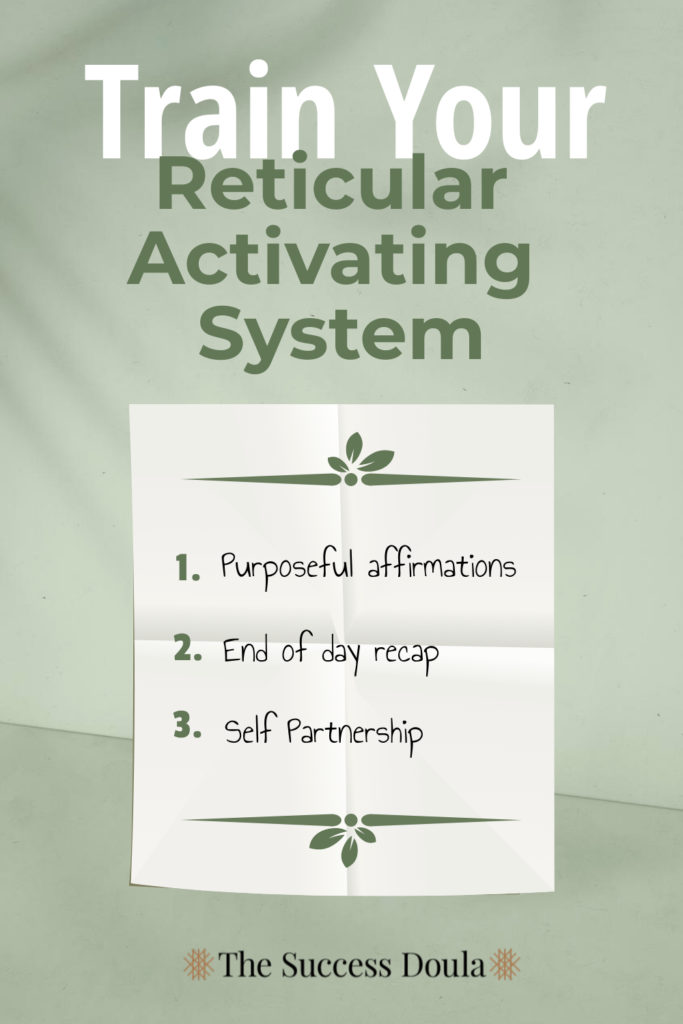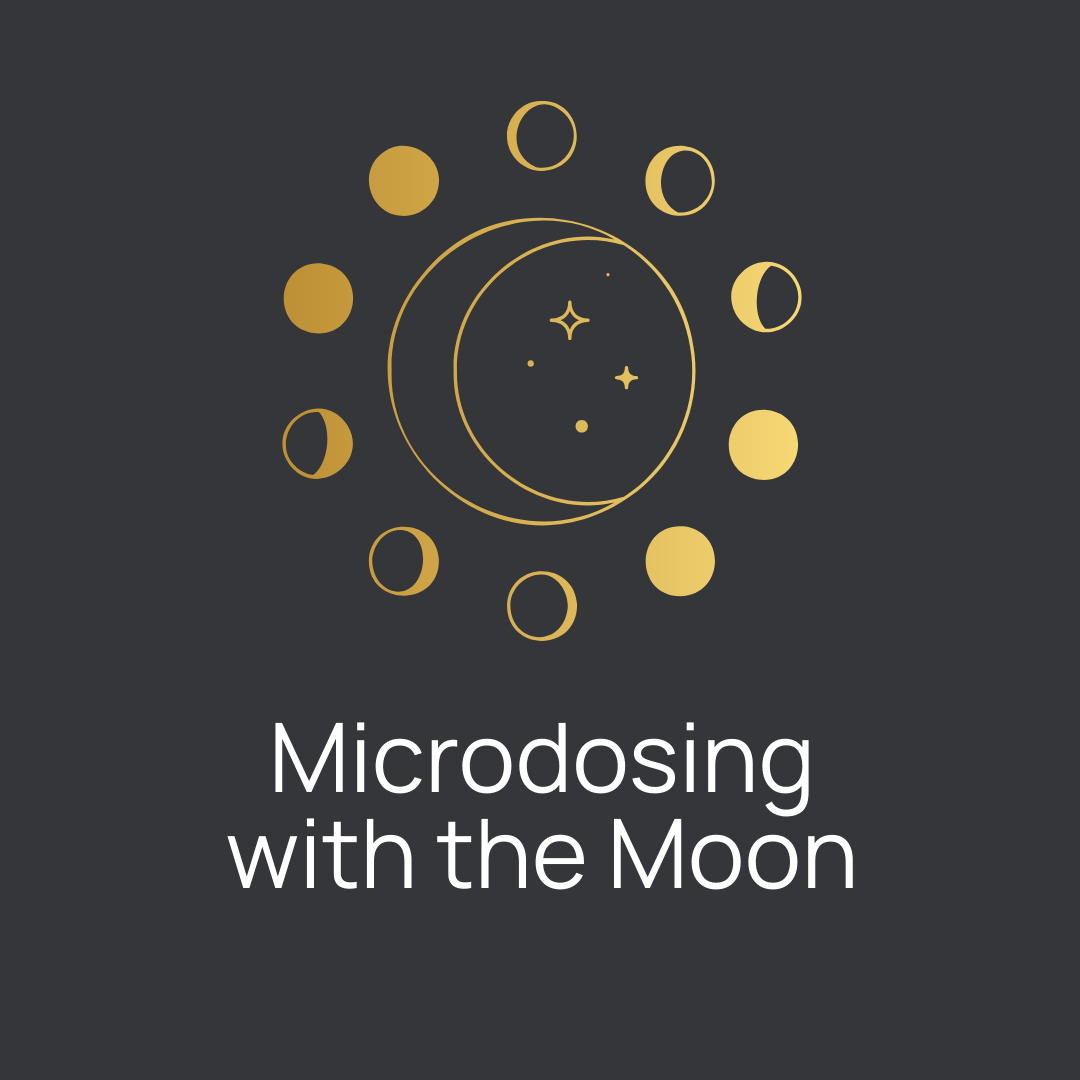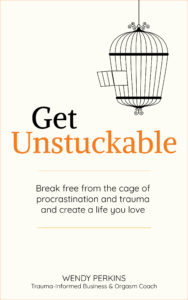Don't believe everything you think
You don't see the whole picture. You only see what your brain thinks you should be seeing. Our brains limit how much information we can take in at any given time, helping us focus on what's most important. It's helpful when there are too many distractions around us but it also means that sometimes we might not notice things that could help us achieve success or make better decisions because they're outside of our comfort zone.
What is the reticular activating system?
The reticular activating system (RAS) is a network in our brains whose primary purpose is to help us control what information we can take in at any given time. This system helps us transition from sleep to wakefulness, helps us focus, manages our stress response cycle, and shapes how we perceive the world.
At any moment in time, we are bombarded with information. What's the temperature? How much noise is there and where is the noise coming from? What are the smells? What is visually happening? What are the intentions of the people involved? Am I safe? Have I experienced this before? Do I know what to do in this situation?
As you can see, that's a lot of information to take in every second of the day. So the RAS filters the information so we don't get overloaded and stop functioning. But how does it know what to filter? The easiest, most energy efficient way for the brain to is to only allow information to come through that is similar to something you've already experienced.
By the time you reach 1 year old, you have already had 15,768,000 seconds of information that your brain has had to process. Yes, that includes sleeping but our brains don't turn off while we sleep, instead our brains are still perceiving information. That's a lot of information to catalog so to make something a priority, the RAS keeps looking for data that has emotional importance. This is called confirmation bias.
How does confirmation bias work?
The intensity of how we feel about something triggers the brain to catalog information as important. Then the brain compares it to previous experiences and what we felt in those moments. Together the emotional intensity and the feelings indicate whether something should be acted upon. This is basically how stress responses are activated.
Think of something in the political realm that you feel very passionately about. As soon as someone starts talking about it, if your perception of their words do not match the intensity and meaning that you have assigned, you will not be able to hear anything that the person says. This is the RAS and confirmation bias at work.
Confirmation bias is the brain's predisposition for us to hear, read, or see information that is closely related to the experiences we have had before. As soon as you take in information that contradicts your beliefs, your RAS will activate the stress response and instead of having energy directed to the cortex where logical thinking can occur, energy will be directed to the flight-or-fight responses.
Thanksgiving dinner arguments are basically inevitable thanks to the RAS and confirmation bias.
You can train your reticular activating system
Your initial reactions to information are based on your past experiences but they don't have to define your future. You have taken the first step in creating a new future by understanding how confirmation bias and the RAS work. Now it's time to use it to your advantage.
There are numerous ways to train your RAS not to send you into a stress response but these are my 3 favorite:
1. Purposeful affirmations
I'm actually not a fan of blanket affirmations because they don't work (thanks to the RAS). If you don't believe what the affirmation is or it doesn't match your previous experiences, confirmation bias will come into play and you won't change your beliefs.
However, if you take time to think about what an affirmation really means to you then you are using the executive functioning parts of your brain so you can actually start creating new thought patterns. Once you start having those new thoughts, then the RAS will look for information that supports those new thoughts.
2. End of day recap
There are several benefits of recapping events at the end of the day. Firstly, it allows you to reflect on what happened and how you felt during the event. This can help you learn from your experiences and make better decisions in the future. Secondly, recapping helps to solidify your feelings and emotions of the event but from a logical, conscious mind instead of a reactive, subconscious mind. Your initial reactions and feelings may not be aligned with the life you are trying to create. By reviewing how you reacted, you can train your reticular activating system to react differently the next time a similar event occurs.
3. Self Partnership
Self partnership is the term I use that represents taking ownership of your reactions, taking responsibility for your needs, and taking action towards getting the support you need. Whether you give yourself the support you need or you ask others, we all need to feel supported. I talk about this in my book "Get Unstuckable" and I guide members through the process of self partnership in our weekly Unstuckable Method membership meetings.
If you're looking for a supportive community that will help you stay accountable to your dreams, then consider joining the Unstuckable membership program.






